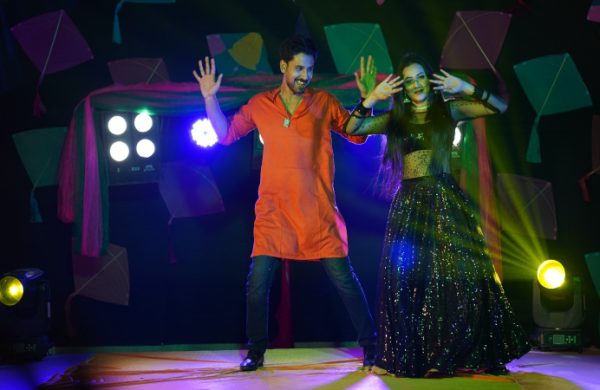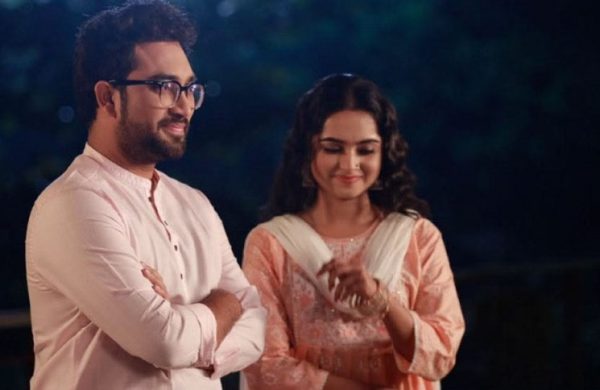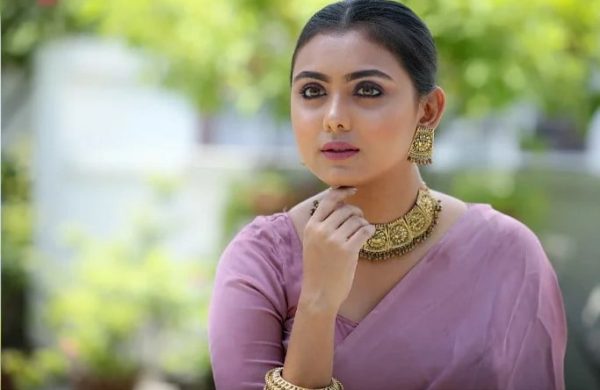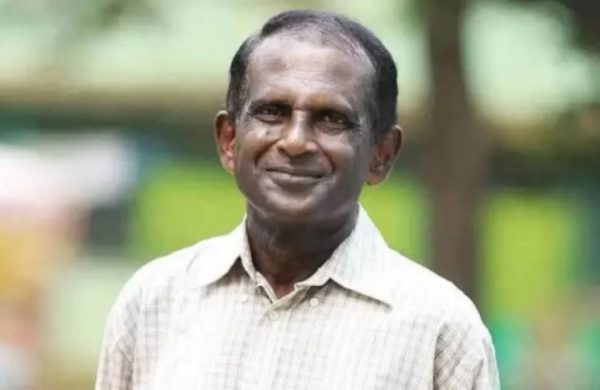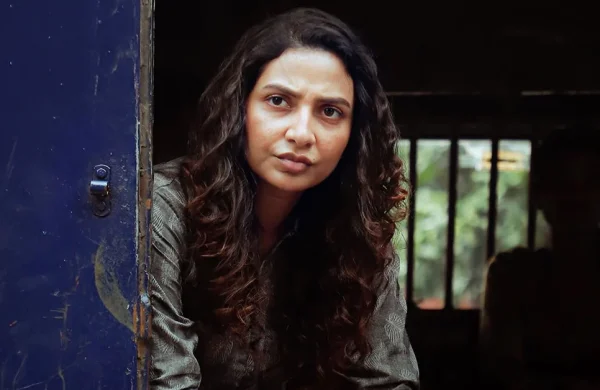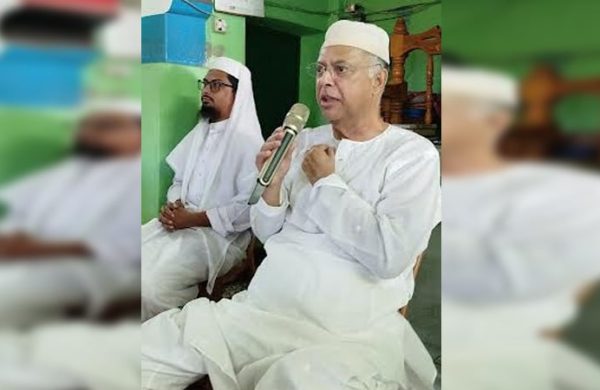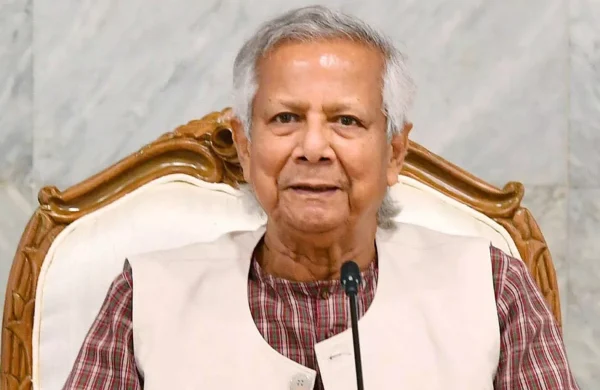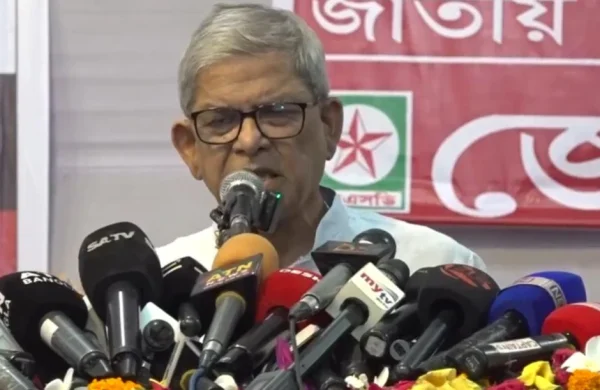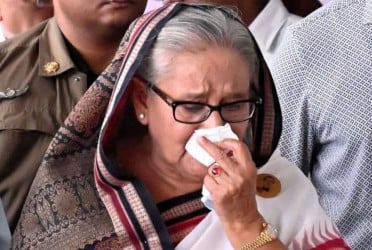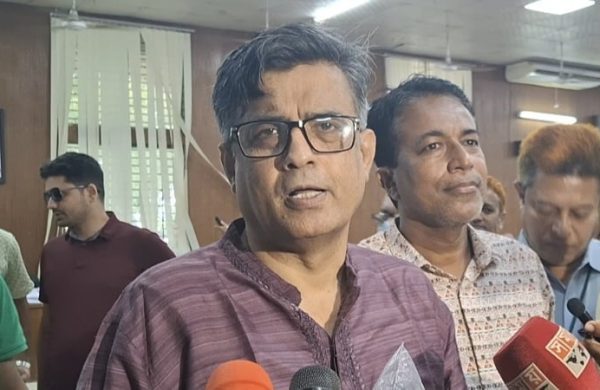Anjan Dutt on his final act ‘Aro Ekta Lear’
- Update Time : Thursday, October 31, 2024
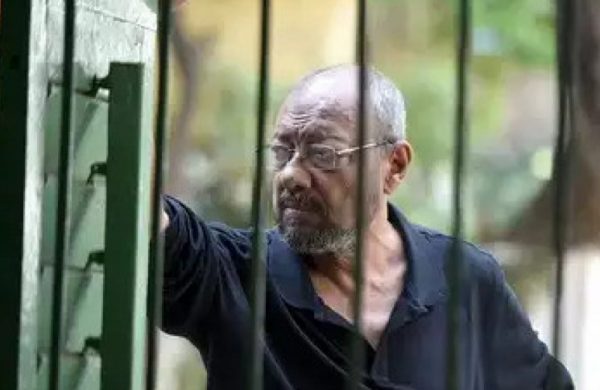
Entertainment Desk:
Renowned Bengali actor, musician, and filmmaker Anjan Dutt is stepping off the stage with his upcoming play “Aro Ekta Lear” (Another Lear), inspired by Shakespeare’s “King Lear”. Dutt has recently announced that this production will mark his last performance in theatre.
Set to premiere on 25 November at Kolkata’s Gyan Mancha, the play signifies the end of an era for the beloved artiste.
Anjan Dutt, final stage play, Aro Ekta Lear, King Lear, Bengali actor, Bengali musician, Mrinal Sen, Kolkata, theater farewell, Chaalchitra Ekhon, Bengali cinema, Shakespeare adaptation, Gyan Manch, last play, physical demands of theater, modern Bengali m
As he approaches his 71st birthday, Dutt has openly discussed the physical demands of theatre. In a recent Facebook post and interview, he reflected on the bittersweet decision to retire from the stage, despite his enduring passion for it. “I feel regret that this is my last play, but to me, acting on stage is about the actor’s physicality, and my body has aged a lot. But it all began with theatre for me,” he shared.
Dutt’s artistic journey spans over five decades, with roots deeply embedded in theatre. Though celebrated in music and cinema, he has always considered the stage his first love. Before finding fame in films, Dutt worked as a journalist, performing in theatre on the side. His talent was discovered by the legendary filmmaker Mrinal Sen, who cast him in “Chaalchitra” in 1981.
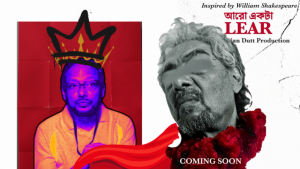
Photo: Collected
Anjan Dutt, final stage play, Aro Ekta Lear, King Lear, Bengali actor, Bengali musician, Mrinal Sen, Kolkata, theater farewell, Chaalchitra Ekhon, Bengali cinema, Shakespeare adaptation, Gyan Manch, last play, physical demands of theater, modern Bengali m
Reflecting on his relationship with the late Mrinal Sen, Dutt recalled, “I learned to understand theatre in my own way, thanks to Mrinal Sen. He introduced me to cinema, and I had to make films and music to earn a living. Theatre was halted. But in 2012, I revived my own theatre company with ‘Galileo’. There were many experiments, friendships, love, defying traditional Bengali theatre, financial setbacks, failures. I worked with several foreign playwrights, and this part of my life is coming to an end.”
Anjan Dutt, final stage play, Aro Ekta Lear, King Lear, Bengali actor, Bengali musician, Mrinal Sen, Kolkata, theater farewell, Chaalchitra Ekhon, Bengali cinema, Shakespeare adaptation, Gyan Manch, last play, physical demands of theater, modern Bengali m
THE FINAL ACT: WHY ‘KING LEAR’?
Dutt’s choice of “King Lear” as his final production feels fitting, as Shakespeare’s exploration of power, ageing, and madness aligns closely with Dutt’s current phase in life. His adaptation, “Aro Ekta Lear”, resonates personally, as he prefers to portray characters that reflect his own age.
“At this point in my life, I prefer to play characters close to my own age. I never liked playing older characters by simply dyeing my hair white when I was younger,” he explained.
Anjan Dutt, final stage play, Aro Ekta Lear, King Lear, Bengali actor, Bengali musician, Mrinal Sen, Kolkata, theater farewell, Chaalchitra Ekhon, Bengali cinema, Shakespeare adaptation, Gyan Manch, last play, physical demands of theater, modern Bengali m
This decision to end with “King Lear” was both intentional and reflective. “If this is my last play, it makes sense to incorporate Shakespeare. His work has always inspired me, and ‘King Lear’s’ themes resonate deeply in today’s world,” Dutt added.
For him, Shakespeare’s portrayal of a world fractured by corruption and power struggles mirrors the political landscape today. “A society riddled with corruption and fascism—that’s what I see around me today. These are the very issues Shakespeare addressed centuries ago in ‘King Lear’. This play will reflect my own views on the political climate we find ourselves in.”
Anjan Dutt, final stage play, Aro Ekta Lear, King Lear, Bengali actor, Bengali musician, Mrinal Sen, Kolkata, theater farewell, Chaalchitra Ekhon, Bengali cinema, Shakespeare adaptation, Gyan Manch, last play, physical demands of theater, modern Bengali m
A DIFFERENT KIND OF FAREWELL
Though the artiste is bidding farewell to the stage, he shows no signs of slowing down in his other creative endeavours. A significant figure in Bengali music since the early 1990s, Dutt has also directed films since 1998.
His latest film, “Chaalchitra Ekhon” (Cinema Now), a tribute to Mrinal Sen, was recently released in cinemas and on OTT platforms. In this homage, Dutt plays Mrinal Sen, while Shaon Chattopadhyay portrays a younger Anjan.
While his theatre career draws to a close, Dutt’s legacy in music and cinema remains robust. He continues to perform concerts across Dhaka and Kolkata and is actively involved in film production, with recent OTT releases reflecting his ongoing relevance in the industry.
Anjan Dutt, final stage play, Aro Ekta Lear, King Lear, Bengali actor, Bengali musician, Mrinal Sen, Kolkata, theater farewell, Chaalchitra Ekhon, Bengali cinema, Shakespeare adaptation, Gyan Manch, last play, physical demands of theater, modern Bengali m
A PARTING NOTE
For Dutt, the choice to leave theatre is a personal one, acknowledging the physical endurance required for stage performance. “I’m still performing in music shows, still making films, but theatre is a different beast. It demands an endurance I don’t have anymore,” he said candidly.
In a gesture to his loyal audience, Dutt shared, “If possible, read the original play beforehand. It’ll help you appreciate it more. Theatre gives you that advantage, and it’s worth taking it.”
Anjan Dutt, final stage play, Aro Ekta Lear, King Lear, Bengali actor, Bengali musician, Mrinal Sen, Kolkata, theater farewell, Chaalchitra Ekhon, Bengali cinema, Shakespeare adaptation, Gyan Manch, last play, physical demands of theater, modern Bengali m
For those who have followed Anjan Dutt’s journey from his earliest days on stage, “Aro Ekta Lear” is more than just another play—it’s a heartfelt farewell to the theatre that shaped him as an artiste, a medium he cherished despite his many achievements. As Dutt put it, “The body may be tired, but the mind is still raring to go.”


